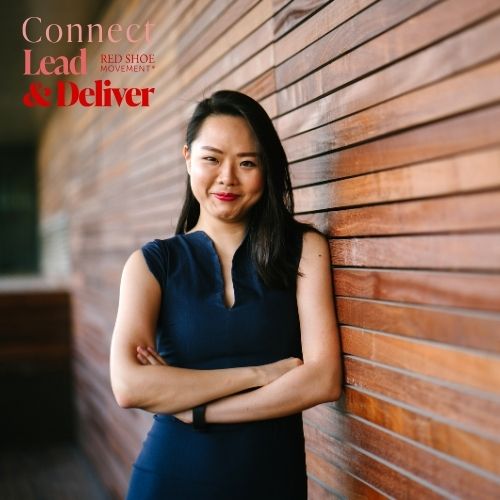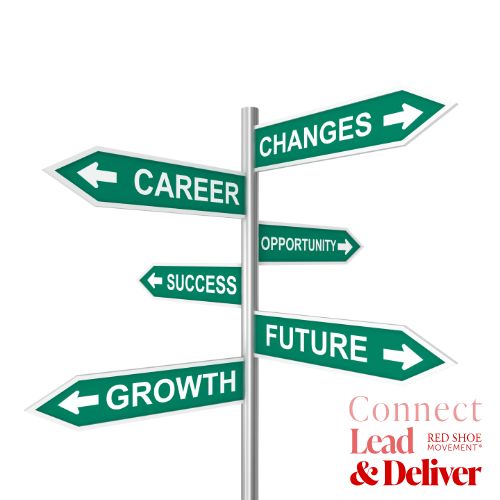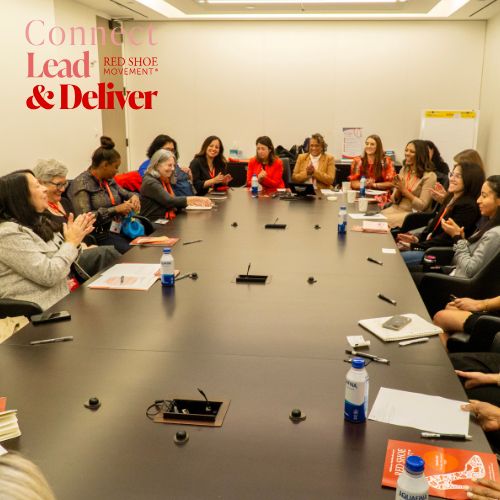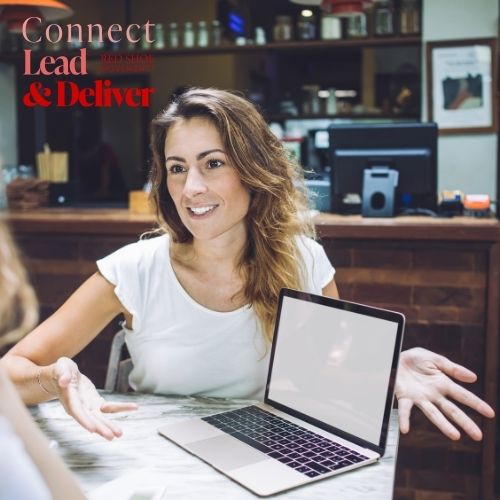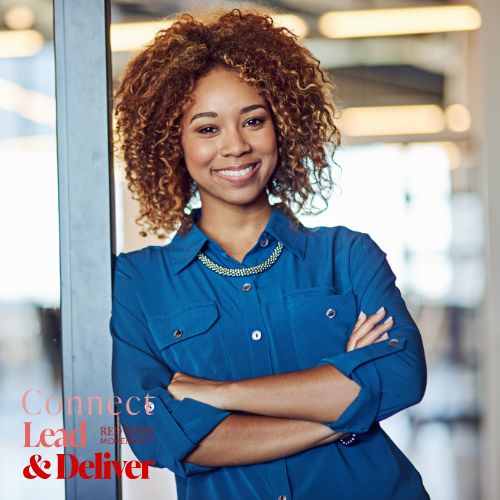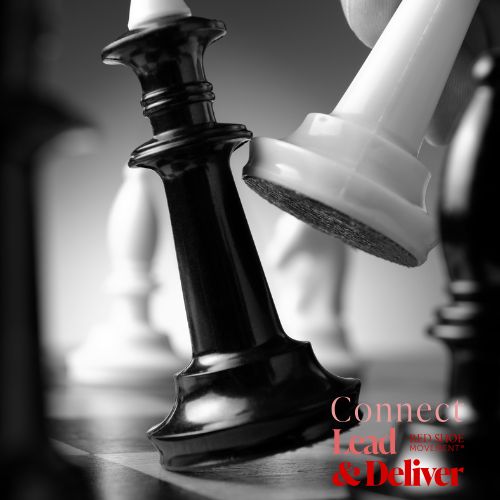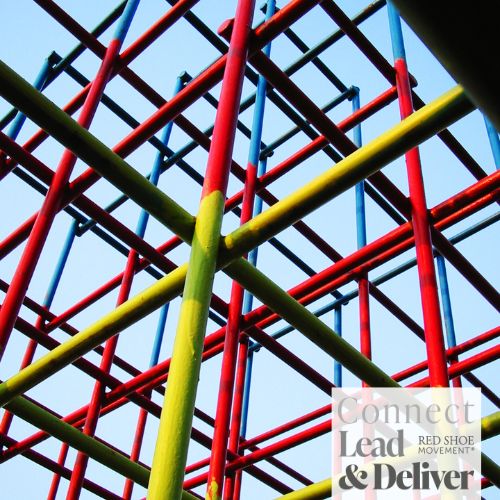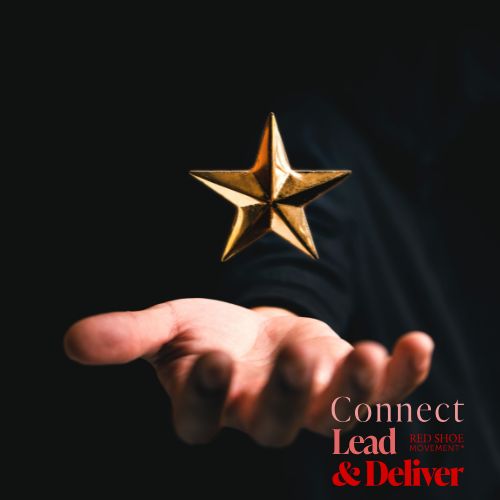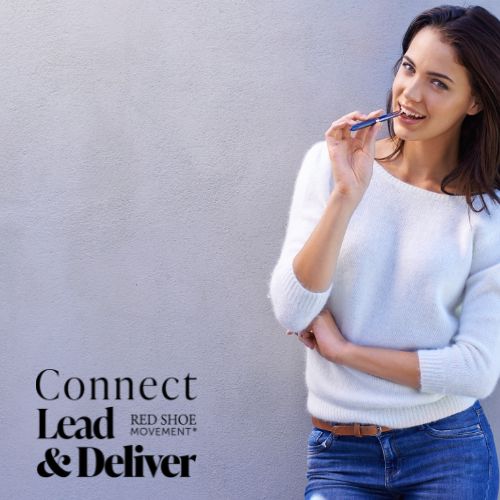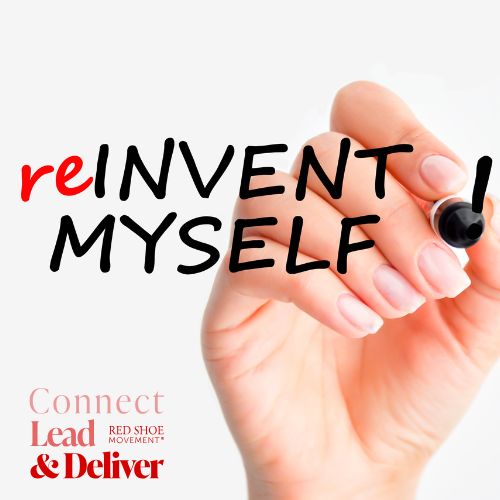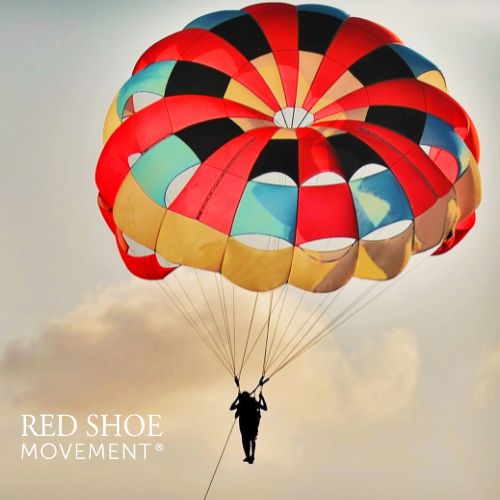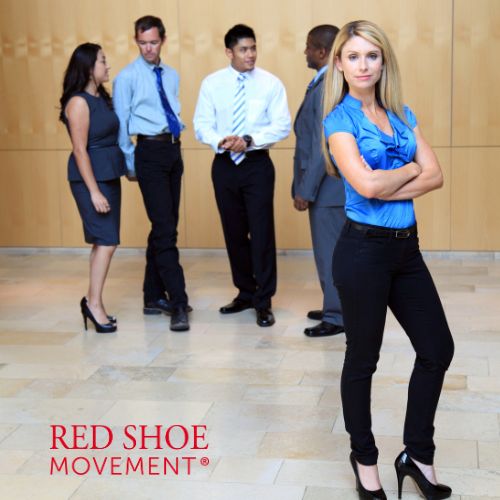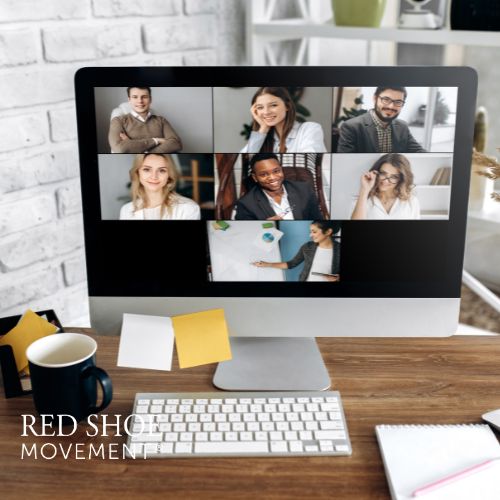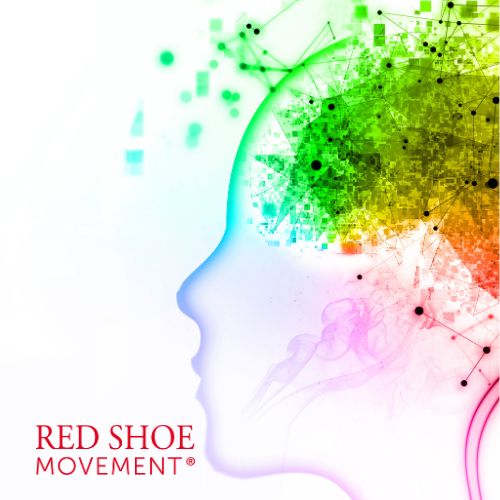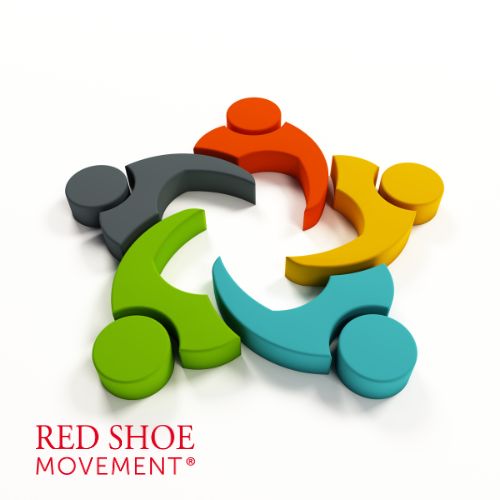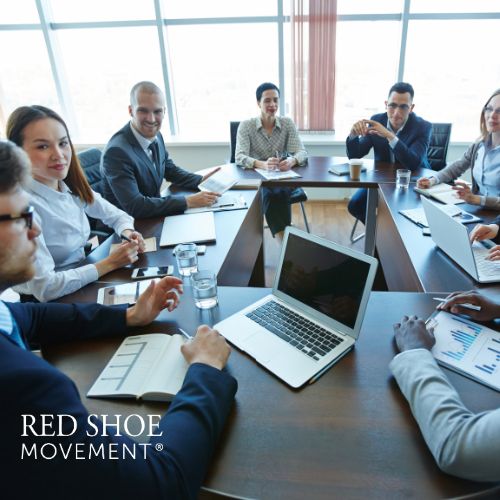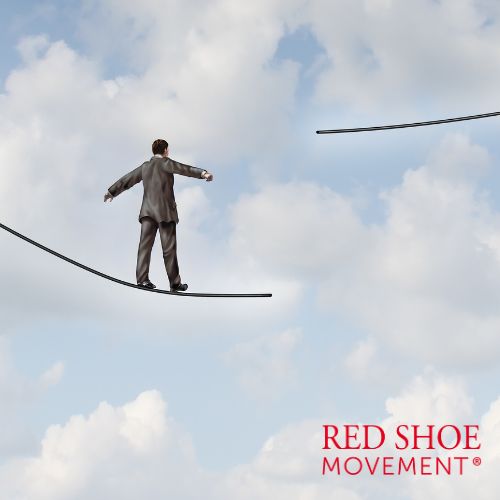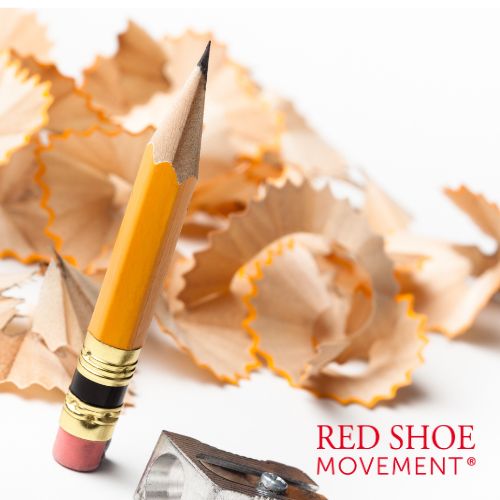If there’s something we’ve learned in the last few years is that diversity in journalism is key to a democratic society. It is only through a plurality of opinions, points of view and experiences that we can truly understand each other. The power of inclusive storytelling is at the center of a more equitable future.
For today’s article I talked to Teresa Mettela, a 21-year-old Indian American student whose passion for journalism has led her to build up a rather long resume at a very early age. Her story will inspire you to go for what you love as well!
When passion meets talent
“I’ve been working since I was maybe 16 or 17, so I’ve been around the job market for a little bit now.” Teresa is a full time student at City College New York, minoring in Journalism and majoring in International Studies, while she also works for two of her local newspapers: the Queens Daily Eagle and the Harlem View. But it doesn’t end there. She also works at Girls Write Now, a non-profit where she mentors younger girls and helps them develop their reading and writing skills. She got that job after having been a mentee at that program herself.
Teresa quickly goes on to highlight the importance of having male colleagues support us women in the workplace. “Something that’s really small that has helped me a lot, is when my male colleagues introduce me and give me credibility as a reporter.” “If I were to simply walk into a room, I don’t think that a lot of people would take me seriously, especially because I’m so young. Being a woman, plus being young, plus being of color.”
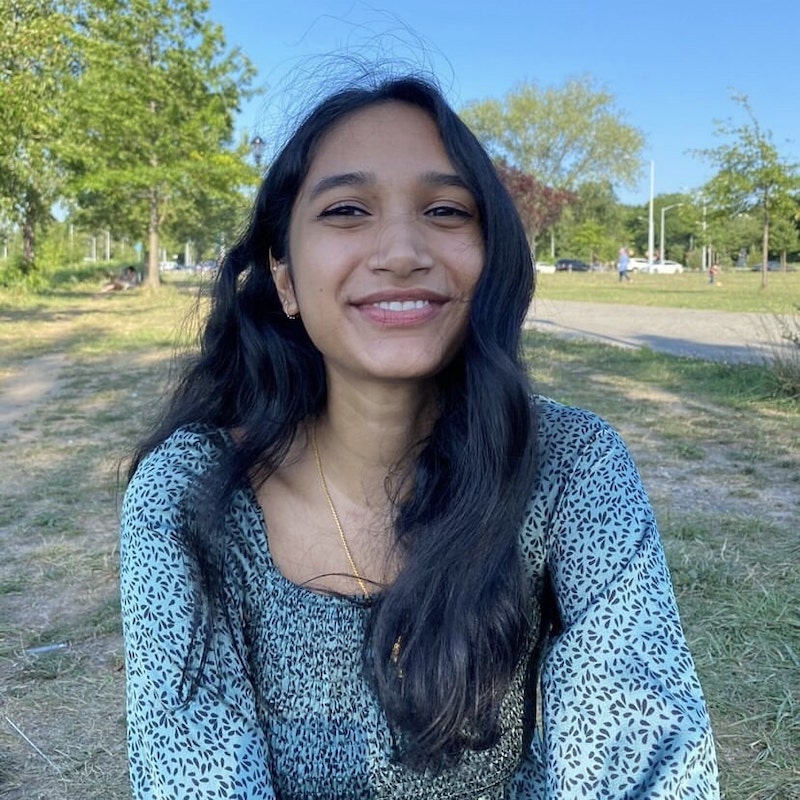
SOL FELDSZTEJN— Do you think journalism is a diverse field?
TERESA METTELA— Absolutely not. It’s getting there, but right now when I sit in the newsrooms with editors and reporters and the bosses, there are not many women. And the women that are there are censored all the time. So if I present an idea, the chances of a male there either taking credit for it or speaking over me are very high.
I’ve always tried to focus on inclusivity and places that want to hear my voice. I’ve been lucky enough to work for smaller organizations, which is what I like doing. I really like local news, so I haven’t really been in a situation where people don’t respect me. I have definitely seen passive-aggressive comments though, but those are really small things that you can kind of brush off and get past.
SF– You say you’d rather just brush off these microaggressions, is there any particular reason people don’t choose to speak up?
TM– You never know what the repercussions are going to be, you don’t know if you’re going to lose your job or what’s going to happen. Especially for people of color, it can be really hard to speak up for ourselves or to be aggressive enough to get what we want. I don’t think that we’re not capable of doing it, I just think that we’ve been put down in so many scenarios that sometimes we might feel like we’re not worthy of some opportunities.
For example, I have a friend who struggles to ask for a raise. Then there’s also another friend of mine that works for a big company: He’s a black reporter, and he was told he couldn’t report on the Black Lives Matter protests. They said it was an issue of bias, which I think is so silly, because women report on women’s rights all the time. It was very clear that he was just being discriminated against. I don’t think he said anything. The thing is these protests lasted for like 2 months, so that whole time he was barely working, because he wasn’t given a big story. We’re both freelance, so if you’re not getting stories, you’re not getting paid.
On the contrary, Teresa’s identity plays a big role in her writing: “The first time I realized my heritage and my identity were important to me, was when I wrote about it. I write poetry and prose all the time as creative writing, yet I had never thought to explore my identity. But I’m Indian American: I’m not just American, I’m not just Indian, right? I never thought that that was a noteworthy subject to write about, and I didn’t think I had anything to say about it, until I did a photo essay in high school titled Indian Girl. I called a couple of my friends who are also South Asian, we dressed up in traditional Indian clothes, and did a whole photoshoot. It was supposed to represent the unfair customs and practices that are put on South Asian women, and especially South Asian female teens” This essay got Teresa a silver medal in a Scholastic national competition. “I feel like there’s such a lack of representation… When we talk about diversity, Asian Americans are rarely considered, and I think that me telling that story through that piece was very important to my own career and pushing it forward, because this is something that I want to talk about as well.”
Her enthusiasm transcends the screen, and she proves her determination with yet another amazing story: “For the job that I have right now at the Daily Eagle, I had to be very persistent. I had emailed the editor several times asking for an interview. One day I went to the office and asked to speak with him directly, then met him as he was leaving the building. So I approached him and introduced myself. Turns out he remembered me from the emails, and we had a meeting. But two years ago I would not have done that.”
SF– So what gave you the confidence?
TM– Two years ago I was actually pre-med. I always thought that I could keep writing on the side as a hobby, I don’t know why. So I went into college on a pre-med track, taking calculus, biology, chemistry. It wasn’t until I was failing all my calculus tests that I went to my guidance counselor and he looked at my resume, saw it was all writing, and said “why aren’t you doing this?” Sometimes you just have to be told these things to your face. When I saw that I was not only doing way better in this field but I was also happier, I felt confident enough to go and get a lot of the jobs that I have right now.
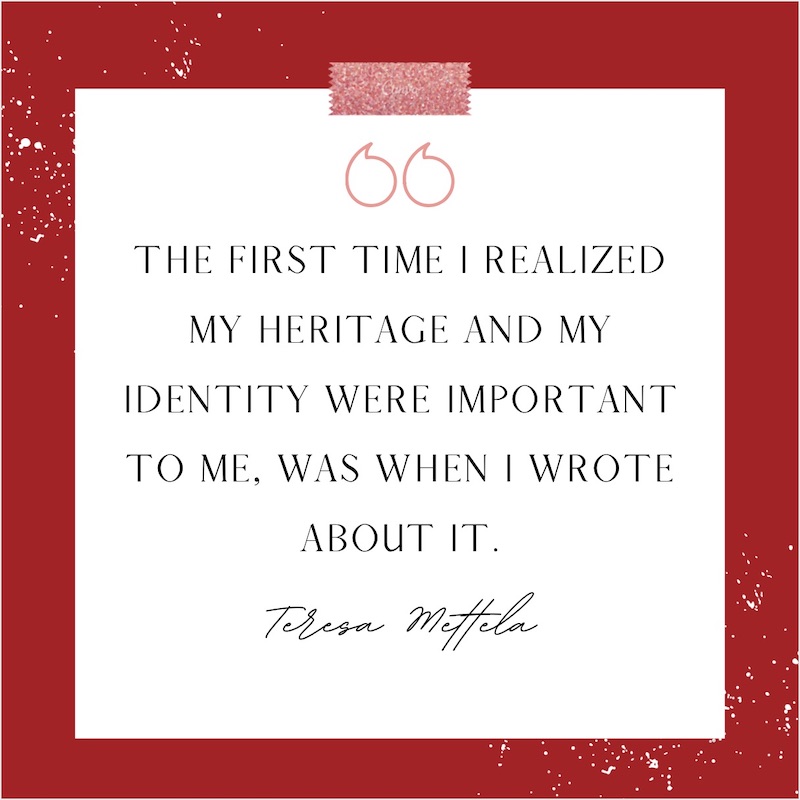
Diversity in Journalism: How far behind is the industry?
SF– Is journalism behind other areas in media on the way to inclusivity?
TM– I feel like there are definitely good people working to amplify our voices, who want you to have your own character and persona while you write, and I think that is becoming way more popularized. I do see within my own field that people are being encouraged to speak up, especially if you are a minority, if you are marginalized, reporters are seeking you out. I wanna be hopeful and say that the whole industry is moving towards that, but I don’t know. Generally I feel like the push for it is very good, though, and very necessary.
SF– Where does social media come in?
TM– It gives us the opportunity to connect with people, even if we don’t know who they are, through this one thing that we write about or that we share. Something that my professor used to say a lot is, “if you want to be a good writer, you’ve got to be a good reader”, and that’s so true. But I think that he forgot the part where you also have to be able to talk to people. You have to be able to share those ideas that you have. And I think that Social Media is that missing link that we all needed to share our experiences and combine our ideas.
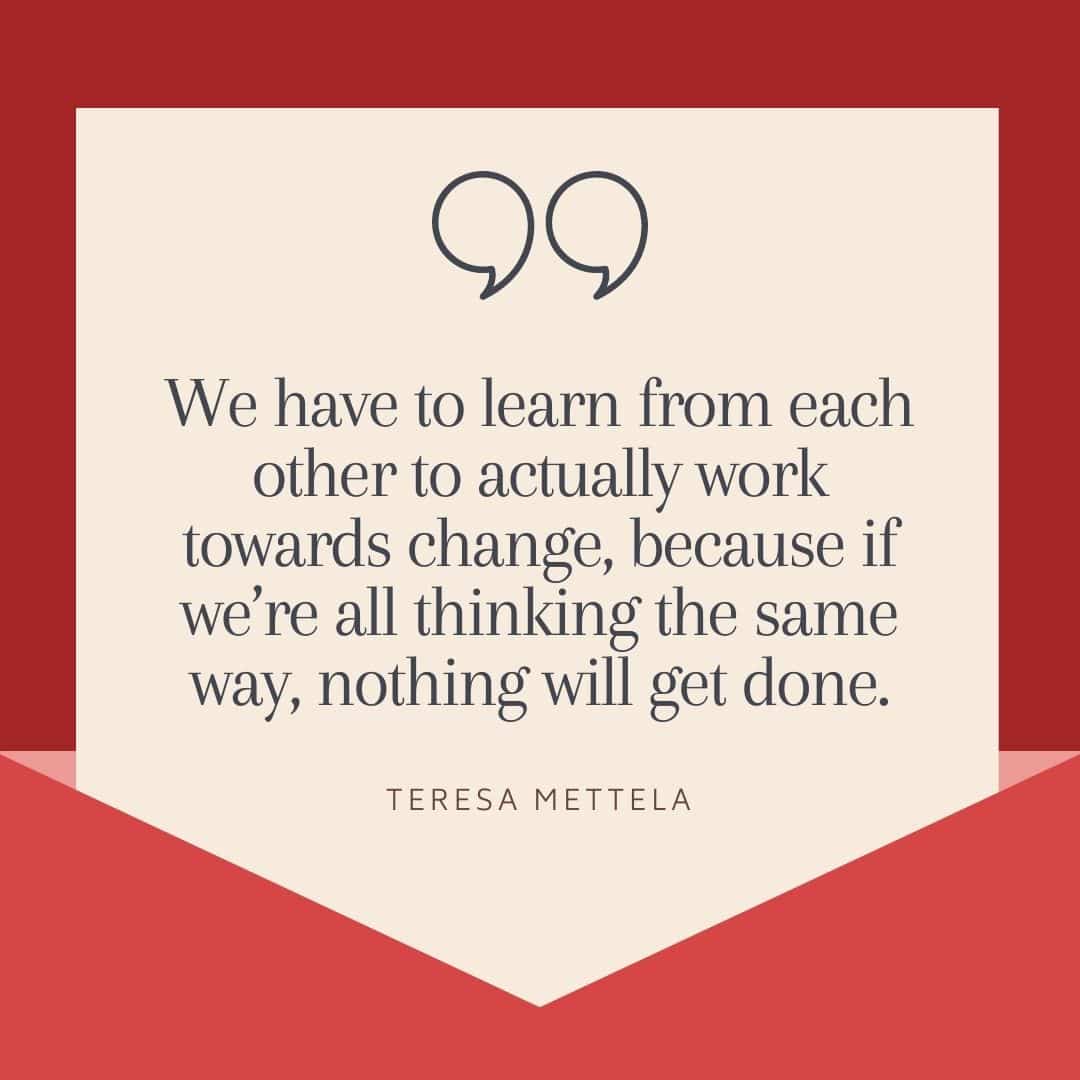
What companies can do to foster diversity in the workplace
SF– What do you think companies could do to move towards a more inclusive work environment and agenda?
TM– Hire more women. Hire more people of color. Put them on your staff, put them on your board positions. They need to be in leadership positions, where they’re able to make a change, big or small. Because if we’re simply working under people that are giving us instructions, nothing is really going to happen. If I’m working for a big company, and I’m presenting my ideas but they’re not being heard because all these other employees are outshining me or being louder than me, it’s not going to work. Change is not going to happen with a board that looks the same. It’s going to happen with people who look different, who come from different experiences. We have to learn from each other to actually work towards change, because if we’re all thinking the same way, nothing will get done.
SF– Do you think women are empowering each other and working together towards a more diverse workplace? Towards more diversity in journalism?
TM– I do think that women are really supporting each other in news and media. But we still need to have more BIPOC [Black, Indigenous and People Of Color] in leadership positions together with white women, so we can all talk about our experiences. Now that I am a journalist, I ask myself, “How can I empower other Indian women who want to be in this field? How can I create opportunities for them?” because now I know that it’s hard.
SF– How could the industry benefit from more inclusive storytelling?
TM– I think it’s about opening the door to so many conversations that have always been pushed back or just deemed like “not now, we’ll talk about that later.” By putting women in these roles of leadership and in a good work environment where they’re able to talk and write about their experiences, you’re finally giving them the opportunity to be heard. And I guarantee you they won’t disappoint you.
If you need help creating a more inclusive workplace or helping your female talent grow, let’s talk. That’s what we do.





















